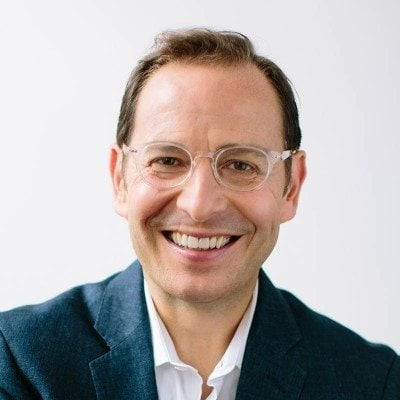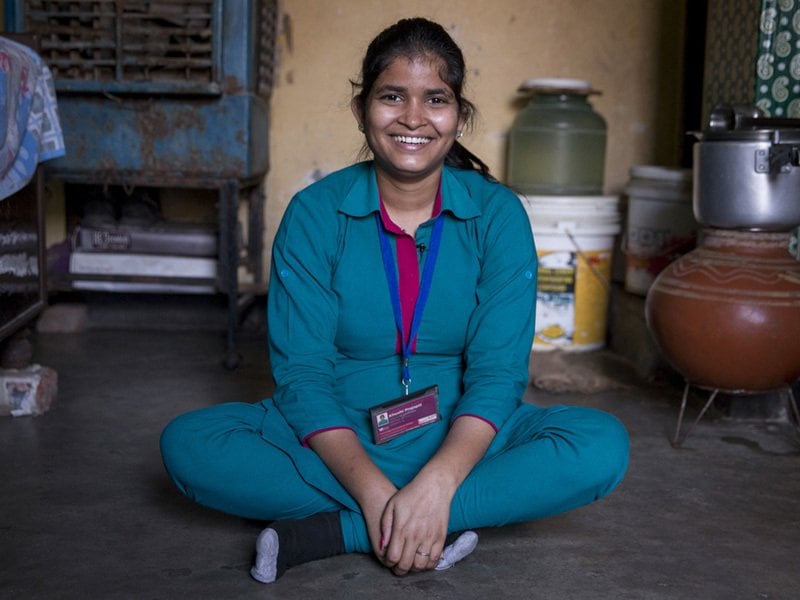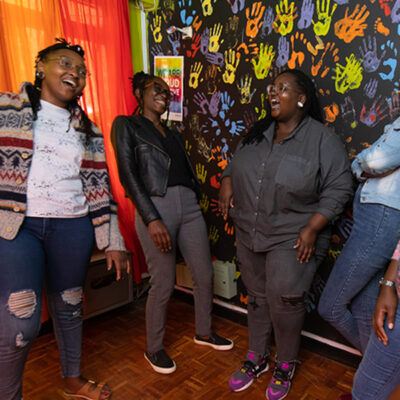
Originally published in LGBTQ Nation.
Twenty-two years ago, I made a promise that has shaped my life and my work ever since. My beloved partner Eddie, a talented musician, was dying of AIDS.
At the time, we felt powerless, isolated and angry—there was no effective medical treatment, no hope for recovery and too much hate rooted in fear of a mysterious disease and its association with gay men. As his final days neared, Eddie asked me to swear to him that he would not become “just another AIDS statistic.”
I’ve done everything in my power to keep this promise to stop HIV-positive and LGBT people like Eddie from being forgotten.
After Eddie’s death, I campaigned to lift the 20-year ban on allowing HIV-positive immigrants into the U.S. My activism was rooted in my personal history. I immigrated to the United States in the 1970s from apartheid South Africa, where my cousin Dennis Goldberg was sentenced to life in prison 50 years ago this month, for resisting that country’s totalitarian regime.
I arrived on these shores to study music and law and start a new life as a young gay man, and my heart was filled with revulsion for racism and violence. I saw the world through Jewish eyes — keenly sensitive to oppression. For me, the freedom to move from places of danger to places of safety was a Jewish issue.
Now, through my work with American Jewish World Service (AJWS), I am keeping my promise by joining with others to defend the rights and dignity of LGBT communities and HIV-positive people around the world.
Much has changed since Eddie’s death in 1992. Innovations in HIV prevention and an expansion of civil rights for LGBT people in the United States and other countries give me great hope for the future.
But as we celebrate our progress in the United States and salute people who are stepping up and speaking out—especially during Pride Month—we should remember the dangers that LGBT people face around the world.
In 77 countries, homosexuality is illegal—punishable by prison and, in five countries, by death. Too many people in too many countries are ostracized, threatened and assaulted just for living their lives and loving others of the same gender.
And as a gay man, and, yes, as a Jew from South Africa, I cannot stand idly by in the face of state-sanctioned hate.
In places like Uganda and Nigeria, an escalation of violence and hatred against LGBT people—fueled by evangelical Christian leaders from the United States—has put countless lives in jeopardy.
Despite colossal setbacks, I have the privilege of working with courageous activists in 19 countries in Africa, Asia, Latin America, and the Caribbean. I am proud that they are advancing the rights of LGBT people—often against terrible odds—with the support of AJWS.
In Kenya, I met a woman named Esther who is the leader of a Kenyan LGBT rights organization called Persons Marginalized and Aggrieved (PEMA Kenya).
Esther became active in defending the rights of gender and sexual minorities in 2009. Thanks to her leadership and creativity, PEMA conducts trainings with police officers and clergy to sensitize them to respect LGBT people as human beings with the right to be protected under the law.
Very quickly, Esther saw the impact of this work when a police officer she had trained brought a young gay man to the PEMA office after he had been attacked by an armed group, realizing that he would have been subject to further abuse at the police station.
This police officer was so impressed with PEMA that he invited them to train 3,000 incoming officers this past year.
I’ve seen similar signs of hope in Nicaragua. Dayanara, a woman from Nicaragua, came out to her family as transgender when she was a teenager. Ostracized by her parents and siblings, Dayanara became a sex worker to support herself financially.
She developed a drug addiction and ended up in prison, where she was raped repeatedly. When Dayanara was released, she learned about the Association for Transgender Nicaraguans (ANIT), an organization that primarily advocates for the rights of transgender women—people like Dayanara who have been viewed by society as men but understand themselves to be women. Many transgender women in Nicaragua are HIV-positive and have faced relentless discrimination and bigotry from their families, schools, employers, health care providers and religious communities.
Dayanara connected with ANIT’s leaders who encouraged her to get tested for HIV. After learning that she tested positive, she made a commitment to turn her life around.
Now, at 29, Dayanara is finishing her high school degree and is one of ANIT’s community leaders. Together with other activists, she is working to increase access to legal justice for transgender people who have been victims of violence. She also conducts trainings with health providers and police officers to equip them with the knowledge and skills to end discrimination against LGBT Nicaraguans.
These stories of hope and resilience represent progress, but I know they’re not enough.
Justice for LGBT people requires a mix of grassroots organizing and bold changes in global policy. That’s why I’m delighted that Senator Edward Markey (D-MA) has introduced The International Human Rights Defense Act, a critical piece of legislation to support the rights of LGBT people around the world.
If passed, The International Human Rights Defense Act would direct the U.S. Department of State to make the rights of LGBT people around the globe a foreign policy priority.
It would also require that the State Department devise a strategy to prevent and respond to violence and discrimination against LGBT people worldwide. Furthermore, it would appoint a Special Envoy on the Human Rights of LGBT People to be responsible for coordinating the U.S.’s effort to defend LGBT rights internationally.
I promised Eddie that I would continue to give his life meaning. To make good on that promise, I draw strength from Esther, Dayanara, and countless others around the world who are fighting for their most basic human rights.
I also think about the power of U.S. citizens and Jews—who understand the most tragic chapters of our history of oppression—to make an enduring difference here in the United States and around the world. Honoring Eddie’s memory, and building a just future for LGBT people everywhere, depends on all of us.
Robert Bank is the executive vice president of American Jewish World Service.






